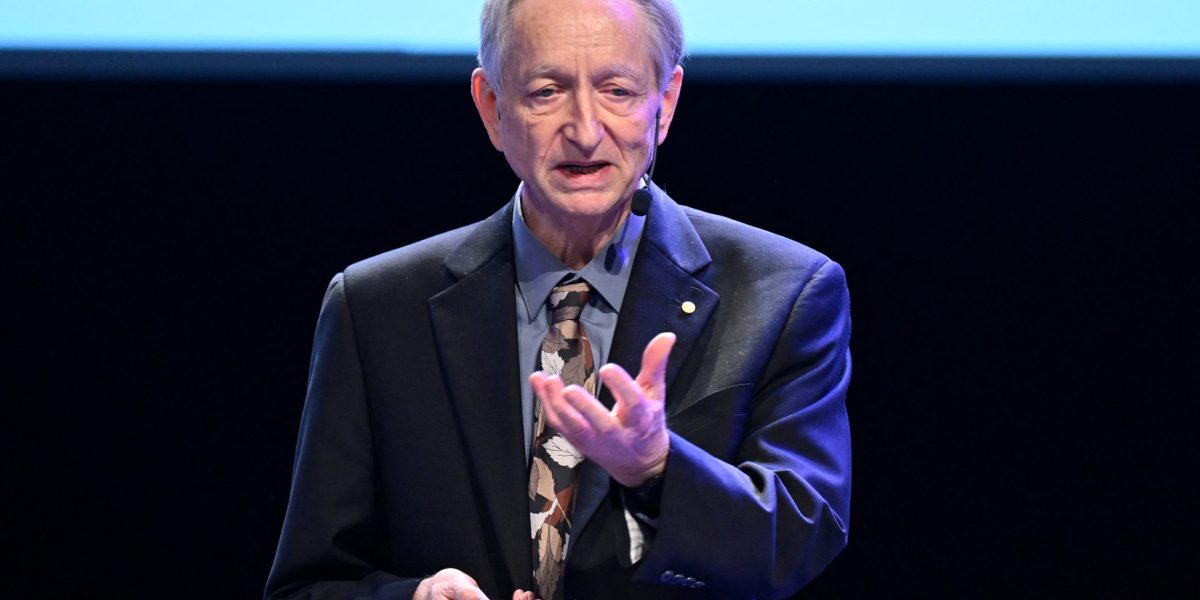Geoffrey Hinton Reaffirms AI’s Dire Economic Threat, Citing Mass Unemployment and Soaring Profits
Geoffrey Hinton Reaffirms AI’s Dire Economic Threat, Citing Mass Unemployment and Soaring Profits

Pioneering computer scientist Geoffrey Hinton, often dubbed the ‘godfather of AI,’ has reiterated his stark warnings about artificial intelligence’s impending impact on the global economy. In recent interviews, Hinton projected that AI will lead to widespread unemployment while simultaneously driving a massive surge in corporate profits, a phenomenon he attributes directly to the capitalist system.
Hinton, who departed Google in 2023 to speak more freely on AI’s risks, emphasized that the technology’s primary beneficiaries will be the wealthy, leveraging AI to displace workers. He stated, “It’s going to create massive unemployment and a huge rise in profits. It will make a few people much richer and most people poorer. That’s not AI’s fault, that is the capitalist system.” These comments echo previous statements where he criticized AI companies for prioritizing short-term gains over long-term consequences.
While immediate mass layoffs haven’t materialized, evidence suggests AI is already limiting entry-level job opportunities. A New York Fed survey indicated companies are more likely to retrain than fire employees due to AI, though an increase in layoffs is anticipated. Hinton maintains that healthcare may be the sole industry largely immune to this job disruption, as enhanced efficiency could significantly expand access to care without limits on demand.
Dismissing proposals like Universal Basic Income as inadequate for addressing human dignity, Hinton continues to advocate for robust AI regulation. He highlighted the potential for AI in bioweapon development and expressed concern over the Trump administration’s perceived reluctance to regulate AI, contrasting it with China’s more serious approach. Despite the uncertainties, Hinton acknowledges AI’s immense potential for both good and ill, stating, “We are at a point in history where something amazing is happening, and it may be amazingly good, and it may be amazingly bad.”
Disclaimer: This content is aggregated from public sources online. Please verify information independently. If you believe your rights have been infringed, contact us for removal.